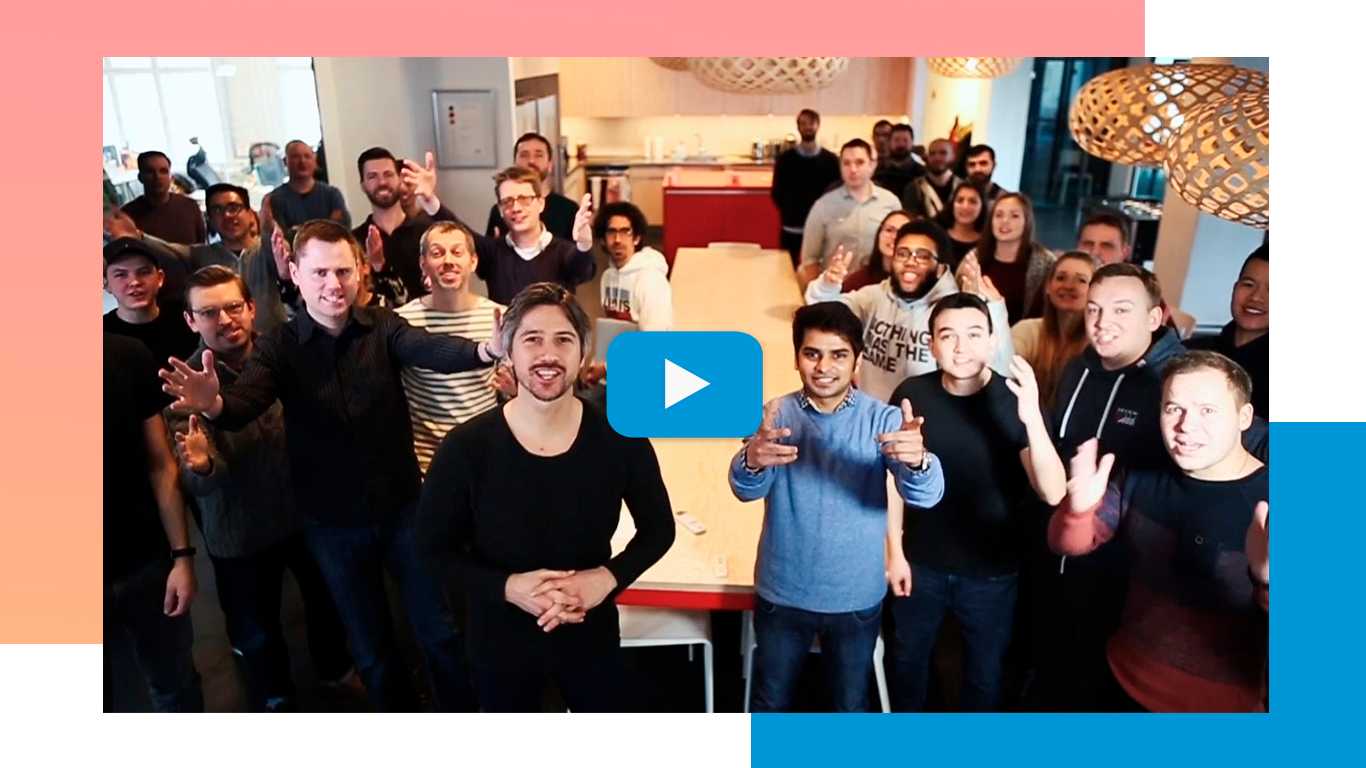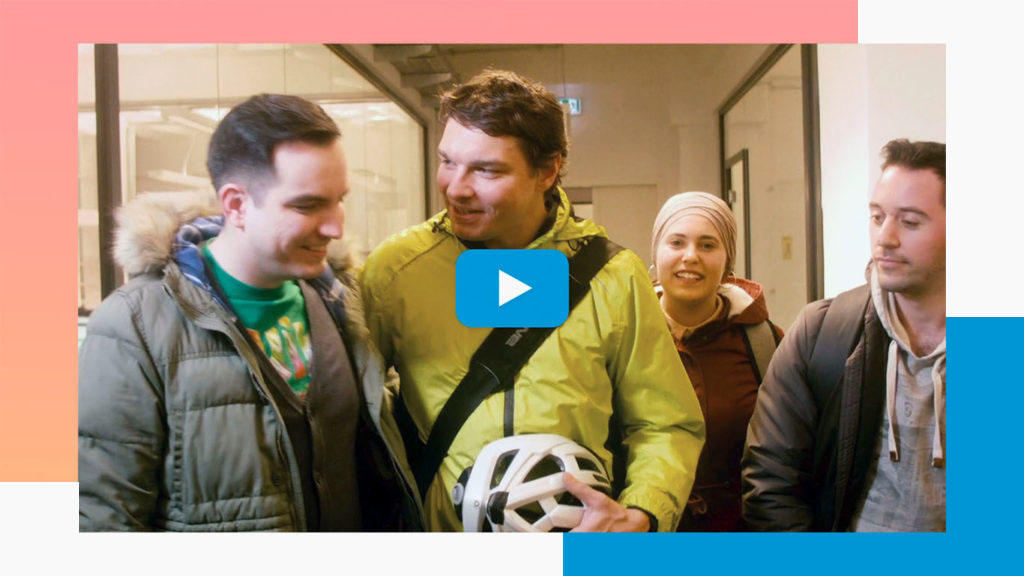CULTURE DECK
A Culture Deck outlines company values and philosophy. We made sure to integrate ours not only in the recruiting process, but also in our day-to-day office life.
WE TAKE LEAD!
L E A D
Love Embrace Agile Do
WE TAKE LEAD!
L E A D
Love
Embrace
Agile
Do
THE DEFINITIONS
Get to know all the nitty gritty details of the Friendsurance Culture Deck even better in our article.
JOIN FRIENDSURANCE TODAY!
Being part of the Friendsurance team means thinking new every day. We are bringing two worlds together: customer centric technical innovation and the insurance business.

